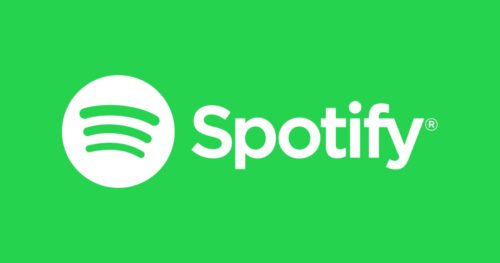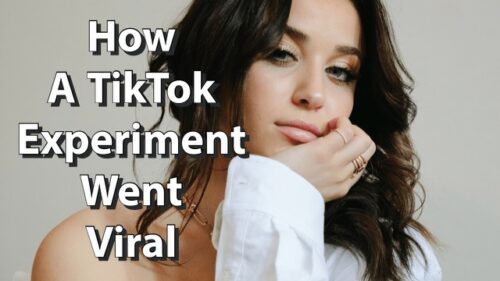
Look out for Imen Siar and the song Glitter and Gold. It’s a catchy track accompanied by a classic pop vocal. The 23-year released her debut single ‘Lonely People’ which earned critical acclaim in the UK while she worked as a waitress in London.
Inspired by Lewis Capaldi, Alessia Cara, Faouzia and Jessie J – Imen says, “‘Glitter and Gold’ was my first attempt at songwriting, and I wanted it to reflect my journey, how my view on life itself has changed, and how it’s made me the confident person I am today.
She co-wrote ‘Glitter and Gold’ with Jackson Hoffman and the Grammy-nominated icons + giants co-founder Billy Mann (P!nk, John Legend).

Spotify is setting new goals. The main target for the platform is reaching $100 billion in 10 years.
“So from everything I see, I believe that over the next decade, we will be a company that can generate $100 billion in revenue annually, and that we can achieve a 40 percent gross margin and a 20 percent operating margin,” the 39-year-old said
It appears that Spotify will compete with TuneCore and Distrokid with more music marketing tools.
Charlie Hellman, VP and global head of music product mentioned that the platform will offer new tools and insights that artists can pay for.
“Because there’s so much being added to Spotify every day,” said Hellman, “artists need tools that will help them stand out, now more than ever. … In a lot of ways these monetization businesses are where our promotion businesses stood a couple years ago – early stage but with huge potential.
“These marketplace businesses have been the primary factor in growing our music gross margins,” Hellman emphasized to wrap up the speech. “And given the strong growth rates, this revenue will continue to be the primary driving force to help us further improve those margins.”

The most overlooked creative professional in the music industry is the songwriter. The people that pen hit songs are overlooked and rarely recognized for their contribution outside of the BMI/ASCAP Song Award Ceremonies.
Finally, the Grammys will give songwriters a chance to shine by adding Songwriter Of The Year.
Grammy chief Harvey Mason Jr. says: “We’re so excited to honor these diverse communities of music creators through the newly established awards and amendments and to continue cultivating an environment that inspires change, progress and collaboration. The Academy’s top priority is to effectively represent the music people that we serve, and each year that entails listening to our members and ensuring our rules and guidelines reflect our ever-evolving industry.”

Nadia Kamrath drops the new track Feel This Once. You’ll love if you’re fan of indie, the 90’s, and and lo-fi pop. The 16 years old from Connecticut falls between artists like Clairo and Taylor Swift.
“Feel This Once” tells the story of my best friend and I bridge-jumping into the Atlantic Ocean while simultaneously diving headfirst into a relationship. There was a mutual understanding that something between us had shifted, that we were more than just friends, and this song is about that feeling.” says Nadia.
She’s garnered support form blogs like We All Want Someone To Shout For, When The Horn Blows, Tongue Tied Magazine, Boot Music, Qore Music Co and Going Solo.

I just wrapped a new podcast with up & coming artist Rachel Grae. The NY based artist is inching towards one million TikTok followers and a half of million Spotify Monthly listeners. With Rachel, a 30 second TikTok clip went viral and launched her to the next level, but she continued delivering after the viral moment and that’s what counts. It’s about the slow and steady, not the fast and easy, especially in the creative industry. In this episode we talked about how she got here and touched upon a few pop surprises.
Do you have something interesting to tell? I want to to hear about it. Maybe we can talk it through on my podcast.
YouTube: https://www.youtube.com/watch?v=T3njrqdfJpY&t=1423s
Spotify: https://open.spotify.com/episode/3goY7kuZEfzsd2gum5KP8q?si=ccf0de9e7e09426d